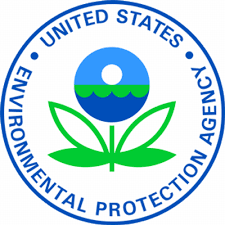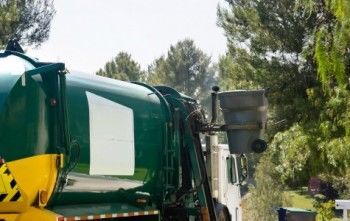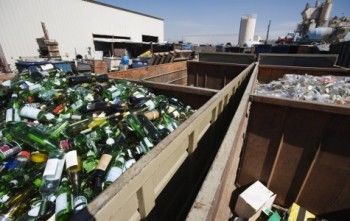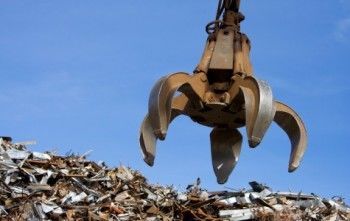How ProComplianceWare Satisfies Supplemental Environmental Projects (SEPs) to Save You Money
The term “Supplemental Environmental Projects (SEPs)� may not be well known, but for those who have a clear understanding of what it does mean, it is an extremely valuable program. A SEP by definition is a federal, state civil settlement program for businesses or individuals who have failed to comply with environmental regulations. (For example, missing the deadline to renew a permit.) Ultimately, a SEP extends Federal and State goals of protecting and enhancing the public health and our environment. As part of a settlement, an alleged violator can agree to undertake an environmentally beneficial project, as long as it is related to the violation, in exchange for mitigation of a portion of the penalty to be paid. [1]
ProComplianceWare provides the basis for companies in need of a compliance resolution solution to propose a SEP as part of a settlement agreement. Implementing PCW represents a positive and strong response to many issues involving specific inspection and reporting violations or, in general, to provide a more robust compliance program.
A SEP must “improve, restore, protect, or reduce risks to public health and/or the environment beyond that achieved by compliance with applicable laws.� [2] When enforcing environmental laws and regulations, a SEP can be incorporated into a settlement agreement that is separate from and in addition to correction of the violation. It can be part of a settlement of a civil penalty as long as it meets the goal of protecting the public health and environment.
The EPA’s SEP Policy was last updated on March 10, 2015 to supersede these prior policies: February 1991; the May 1995 Interim Revised SEP; and the May 1998 EPA SEP. The EPA issued the 2015 Update to the 1998 U.S. Environmental Protection Agency Supplemental Environmental Projects Policy [3] (SEPs Policy).
“Just as one example, if a company is fined $60K for inadequate hazardous waste documentation because they did not record some inspections or training, there is no ability to contest the finding. Therefore, its goal is to reduce the assessed amount while correcting the problem� said PCW’s President Ted Sailer. “Proposing a SEP which will significantly improve the company’s hazardous waste compliance reporting in the future will be viewed favorably by regulators. PCW is such a solution by providing the reminder, tracking and report archival system that removes the risk of repeat violations at a reasonable cost.�
Basic SEP Guidelines
A SEP must meet these basic guidelines [4]:
A project cannot be inconsistent with any provision of the underlying statute(s).
- A SEP must advance at least one of the objectives of the environmental statute that is the basis of the enforcement action.
- The enforcing agency must not play any role in managing or controlling funds used to perform a SEP.
- The type and scope of each project should be defined in the settlement document.
If your business is facing regulatory compliance penalties and fines, and you would like to propose an improved compliance system as a SEP, please contact ProComplianceWare at 1-800-832-8503 or email David@procomplianceware.com
- [1] https://www.epa.gov/enforcement/supplemental-environmental-projects-seps
- https://www.epa.gov/sites/production/files/2015-04/documents/sepupdatedpolicy15.pdf
- http://www.lrapa.org/183/Supplemental-Environmental-Projects-SEPs
[4] https://www.epa.gov/enforcement/supplemental-environmental-projects-seps










